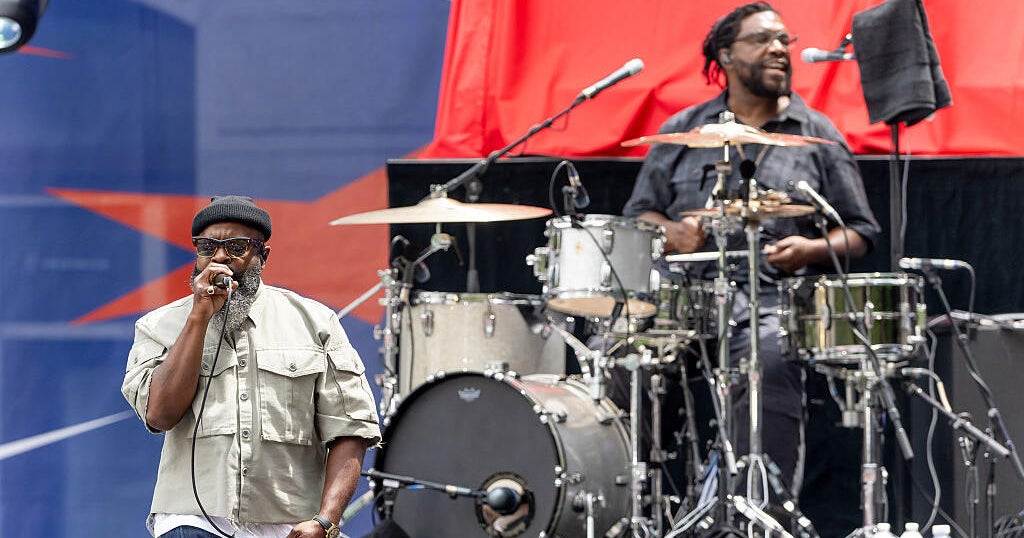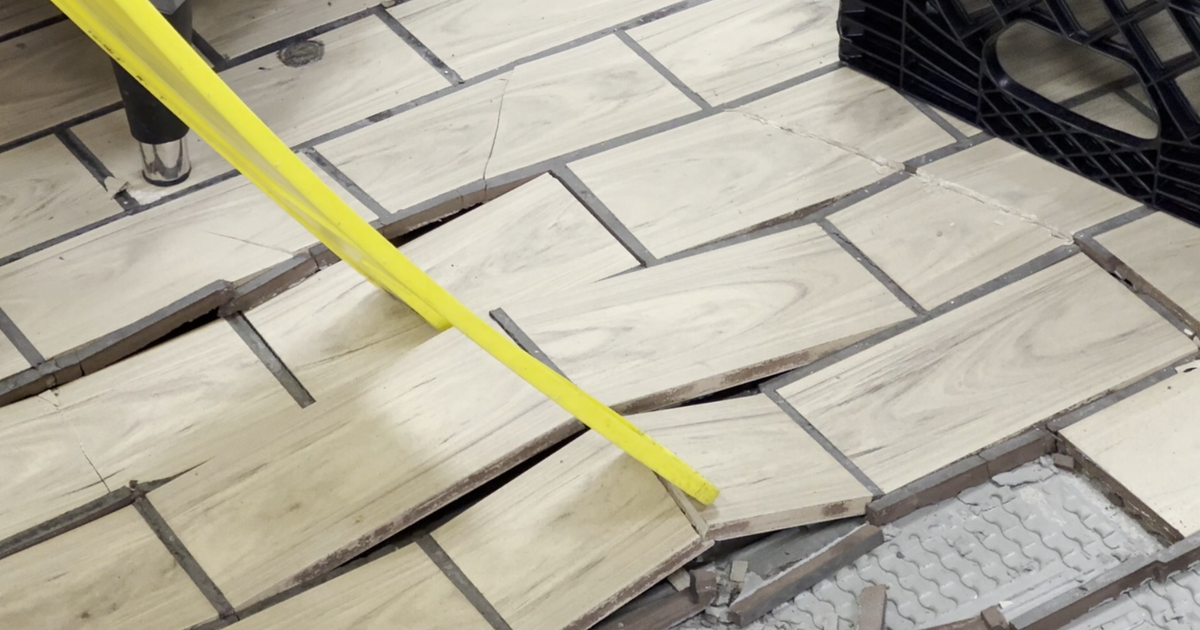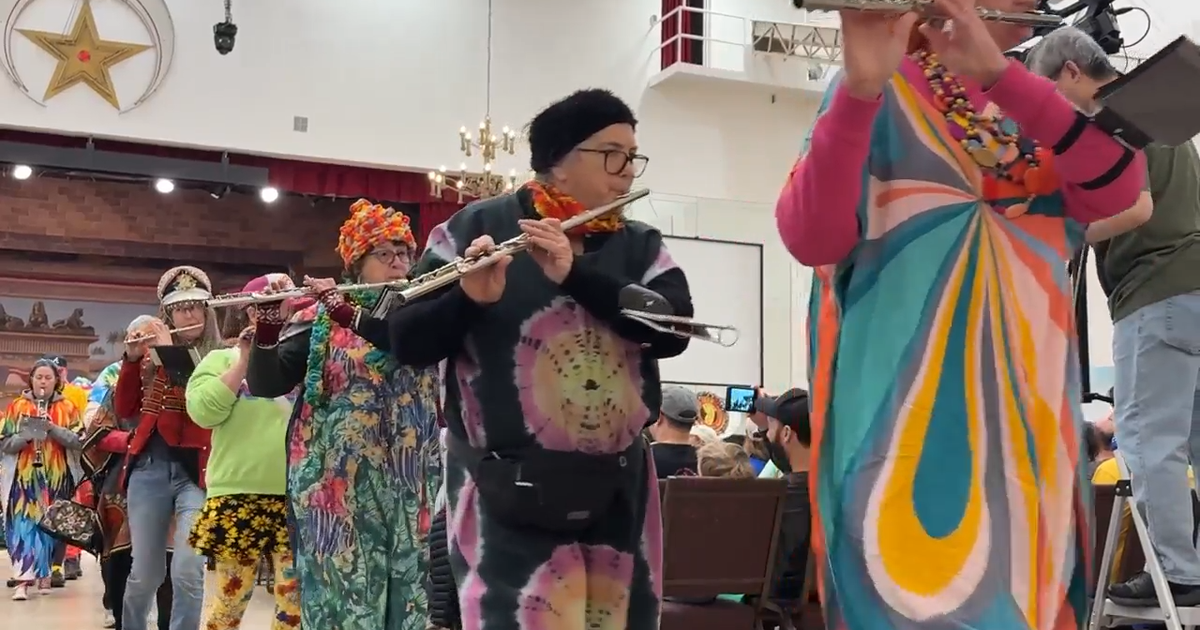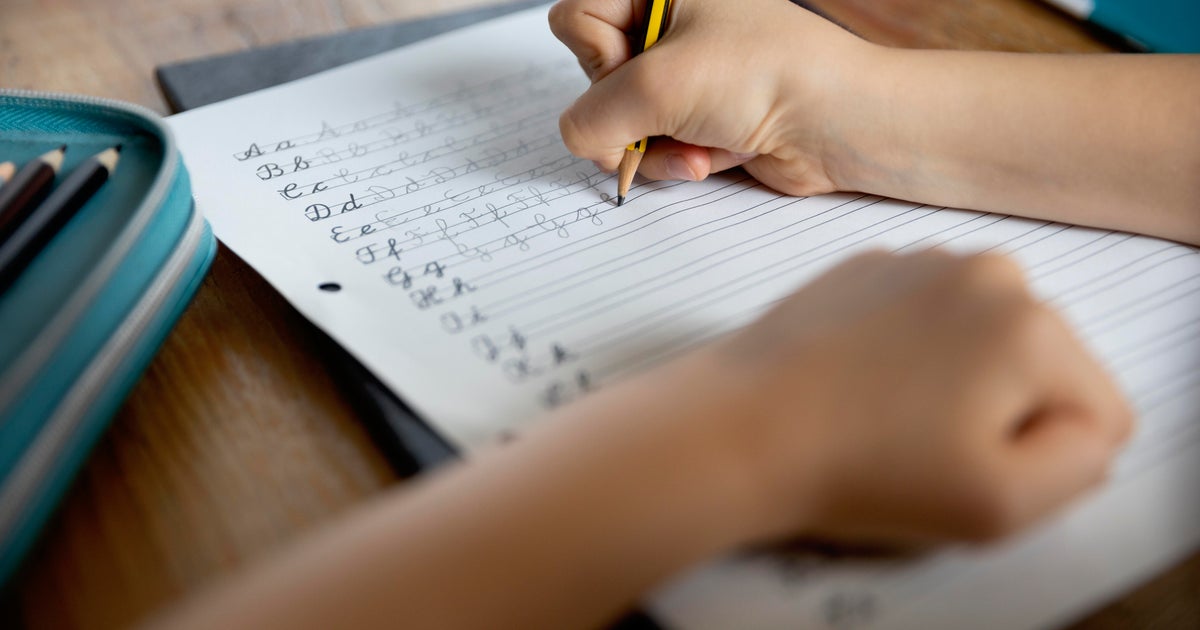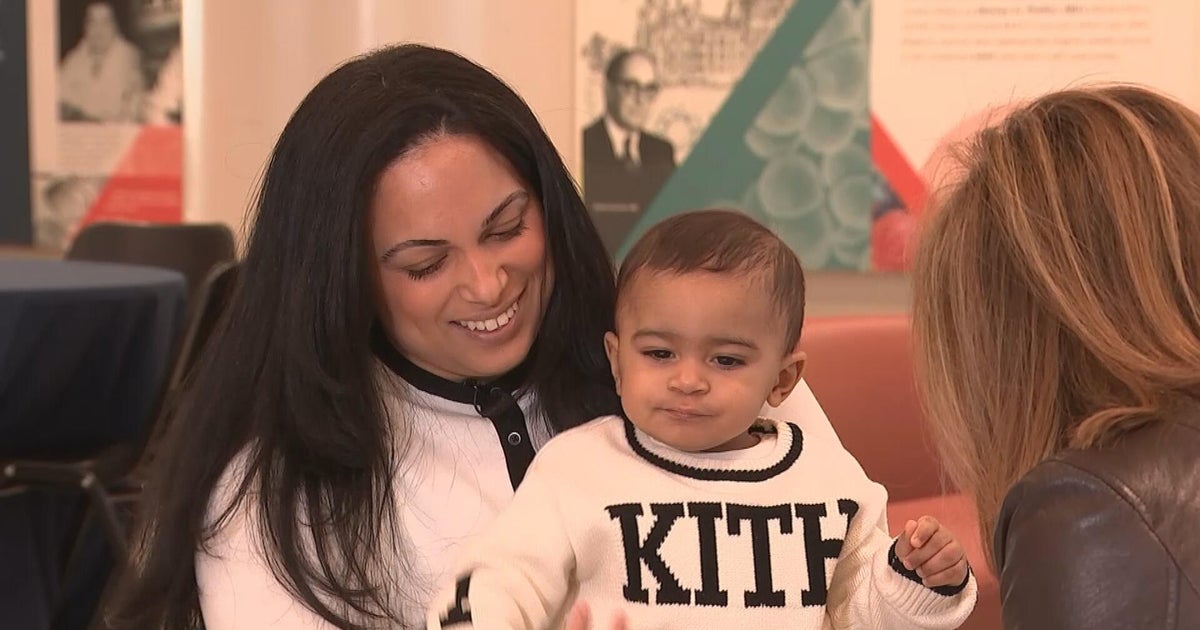Brains Work Differently To Play Classical, Jazz Music
NEW YORK (CBSNewYork) -- Apparently the difference between playing at Blue Note or David Geffen Hall is hard-wired into musicians' brains, making it difficult for even incredibly talented musicians to switch genres.
MedicalExpress.com reported that scientists at the Max Planck Institute for Human Cognitive and Brain Sciences in Leipzig demonstrated that there could be a neuroscientific explanation for this phenomenon, observing that different processes occur in jazz and classical pianists' brains, even when performing the same piece.
"The reason could be due to the different demands these two styles pose on the musicians - be it to skilfully interpret a classical piece or to creatively improvise in jazz", said MPI CBS neuroscientist Daniela Sammler, leader of the study. "Different procedures may have established in their brains while playing the piano which makes switching between the styles more difficult."
For example, jazz musicians focused on what to play, meaning what keys to press, whereas classical musicians focused on how to play, meaning what fingers to use to strike the keys, focusing on perfection as opposed to improvisation.
"In the jazz pianists we found neural evidence for this flexibility in planning harmonies when playing the piano", said study co-author Roberta Bianco. "When we asked them to play a harmonically unexpected chord within a standard chord progression, their brains started to replan the actions faster than classical pianists. Accordingly, they were better able to react and continue their performance."
The scientists investigated these relations and others in 30 professional pianists; half of them were specialized in jazz for at least two years, the other half were classically trained.
